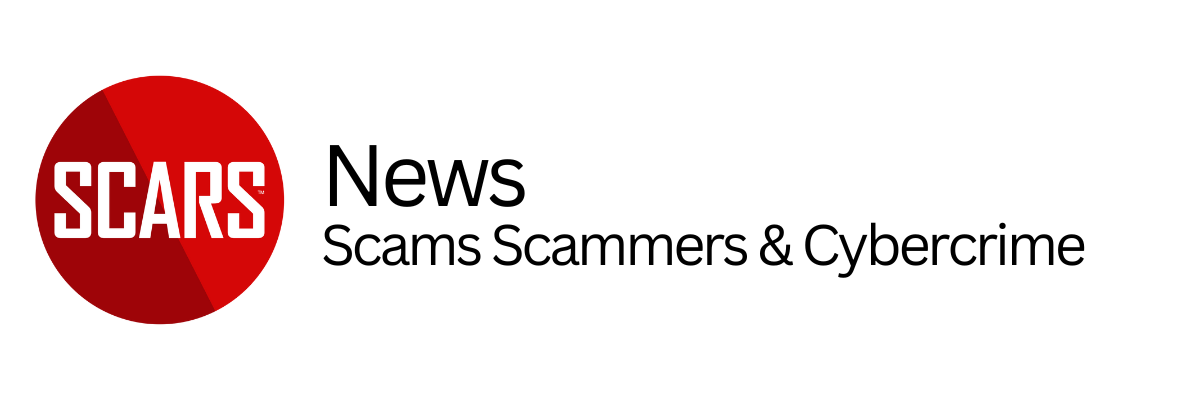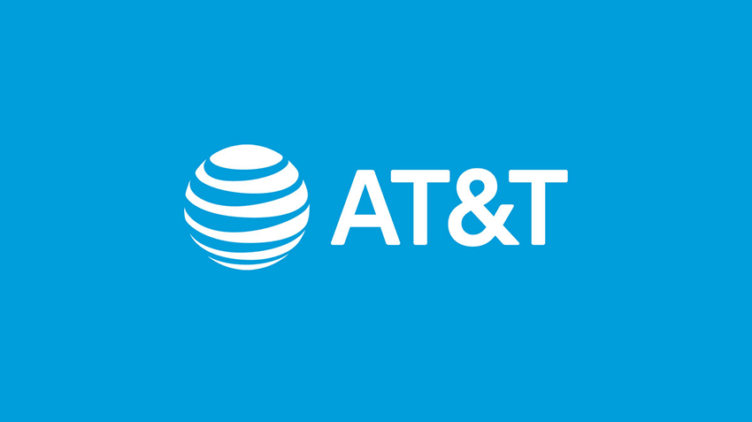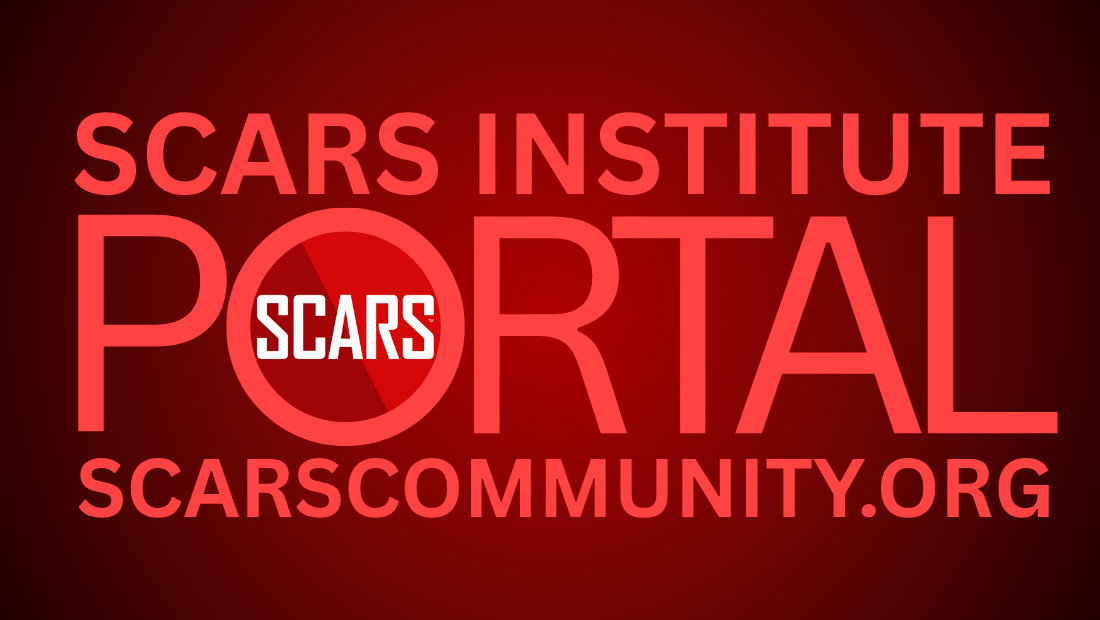Protecting Yourself After the AT&T Data Breach
Affecting Nearly Every AT&T Customer!
Primary Category: Cybersecurity News
Author:
• SCARS Editorial Team – Society of Citizens Against Relationship Scams Inc.
About This Article
In 2024, AT&T experienced a significant data breach that affected approximately 73 million customers, exposing sensitive information like names, addresses, and Social Security Numbers.
Initially revealed in 2021 and confirmed in March 2024, the breach led to widespread concern. Customers should immediately update passwords, enable two-factor authentication, monitor financial accounts, check credit reports, use identity theft protection, be wary of phishing attempts, freeze credit, update device security, educate themselves on cyber threats, and stay informed on legal recourse.
Taking these steps can help mitigate risks and protect personal information.

Protecting Yourself After the AT&T Data Breach
AT&T experienced a significant data breach that impacted approximately 73 million current and former customers, exposing sensitive personal information. This breach, attributed to a cyberattack, compromised data including names, addresses, phone numbers, dates of birth, Social Security Numbers, and email addresses. The breach was initially revealed in 2021 but only confirmed by AT&T in March 2024, causing widespread concern among customers regarding their privacy and security.
According to USA Today:
In 2024, AT&T experienced a significant data breach that impacted approximately 73 million current and former customers, exposing sensitive personal information. This breach, attributed to a cyberattack, compromised data including names, addresses, phone numbers, dates of birth, Social Security Numbers, and email addresses. The breach was initially revealed in 2021 but only confirmed by AT&T in March 2024, causing widespread concern among customers regarding their privacy and security.
The telecom giant on Friday, July 12, 2024, said in a filing with the U.S. Securities and Exchange Commission it learned in April that customer data was illegally downloaded “from our workspace on a third-party cloud platform.”
According to the company, the compromised data includes files containing AT&T records of all calls and texts of nearly all of AT&T’s cellular customers and AT&T landline customers who interacted with those cellular numbers between May 1, 2022 and Oct. 31, 2022. The compromised data also includes records from Jan. 2, 2023, for a”very small number of customers.”
According to AT&T March 2024
AT&T has determined that AT&T data-specific fields were contained in a data set released on the dark web; source is still being assessed.
AT&T* has determined that AT&T data-specific fields were contained in a data set released on the dark web approximately two weeks ago. While AT&T has made this determination, it is not yet known whether the data in those fields originated from AT&T or one of its vendors. With respect to the balance of the data set, which includes personal information such as social security numbers, the source of the data is still being assessed.
AT&T has launched a robust investigation supported by internal and external cybersecurity experts. Based on our preliminary analysis, the data set appears to be from 2019 or earlier, impacting approximately 7.6 million current AT&T account holders and approximately 65.4 million former account holders.
Currently, AT&T does not have evidence of unauthorized access to its systems resulting in exfiltration of the data set. The company is communicating proactively with those impacted and will be offering credit monitoring at our expense where applicable. We encourage current and former customers with questions to visit www.att.com/accountsafety for more information.
As of today [March 30, 2024], this incident has not had a material impact on AT&T’s operations.
What AT&T Customers Should Do Now
1. Change Account Passwords and Security Questions: Update all passwords associated with your AT&T accounts, including any linked accounts. Ensure that your new passwords are strong and unique.
2. Enable Two-Factor Authentication (2FA): Activate 2FA on all accounts to add an extra layer of security. This can prevent unauthorized access even if your password is compromised.
3. Monitor Financial Accounts: Regularly check your bank statements, credit card statements, and other financial accounts for any unusual activity. Report any suspicious transactions immediately.
4. Check Credit Reports: Obtain and review your credit reports from the major credit bureaus—Equifax, Experian, and TransUnion. Look for any unfamiliar accounts or activities that could indicate identity theft.
5. Use Identity Theft Protection Services: Consider enrolling in identity theft protection services that can help monitor your personal information and alert you to potential fraud. AT&T has been urged to provide such services to affected customers.
6. Be Wary of Phishing Attempts: With your information potentially exposed, be extra cautious of unsolicited emails, phone calls, or messages asking for personal information. Verify the sender’s identity before responding or clicking on links.
7. Freeze Your Credit: Placing a credit freeze on your files can prevent new accounts from being opened in your name without your permission. This is a useful measure to protect against identity theft.
8. Update Security on All Devices: Ensure that your devices (computers, smartphones, tablets) are protected with updated antivirus software, firewalls, and the latest security patches.
9. Educate Yourself: Stay informed about the latest security practices and scam tactics. Knowledge is your first line of defense against cyber threats.
10. Legal Recourse: Stay updated on any class-action lawsuits or legal actions being taken against AT&T. You may be eligible for compensation or other remedies as the case progresses.
The AT&T data breach has highlighted the critical importance of robust security measures and timely disclosures by companies to protect their customers. By taking proactive steps to secure your personal information, you can mitigate the risks and safeguard your identity in the wake of this incident.
-/ 30 /-
What do you think about this?
Please share your thoughts in a comment below!
-/ 30 /-
What do you think about this?
Please share your thoughts in a comment below!
SCARS LINKS: AgainstScams.org RomanceScamsNOW.com ContraEstafas.org ScammerPhotos.com Anyscam.com ScamsNOW.com
reporting.AgainstScams.org support.AgainstScams.org membership.AgainstScams.org donate.AgainstScams.org shop.AgainstScams.org
youtube.AgainstScams.org linkedin.AgainstScams.org facebook.AgainstScams.org
TABLE OF CONTENTS
CATEGORIES
![NavyLogo@4x-81[1] Protecting Yourself After the AT&T Data Breach - 2024](https://scamsnow.com/wp-content/uploads/2025/04/NavyLogo@4x-811.png)
ARTICLE META
Important Information for New Scam Victims
- Please visit www.ScamVictimsSupport.org – a SCARS Website for New Scam Victims & Sextortion Victims.
- SCARS Institute now offers its free, safe, and private Scam Survivor’s Support Community at www.SCARScommunity.org – this is not on a social media platform, it is our own safe & secure platform created by the SCARS Institute especially for scam victims & survivors.
- SCARS Institute now offers a free recovery learning program at www.SCARSeducation.org.
- Please visit www.ScamPsychology.org – to more fully understand the psychological concepts involved in scams and scam victim recovery.
If you are looking for local trauma counselors, please visit counseling.AgainstScams.org
If you need to speak with someone now, you can dial 988 or find phone numbers for crisis hotlines all around the world here: www.opencounseling.com/suicide-hotlines
Statement About Victim Blaming
Some of our articles discuss various aspects of victims. This is both about better understanding victims (the science of victimology) and their behaviors and psychology. This helps us to educate victims/survivors about why these crimes happened and not to blame themselves, better develop recovery programs, and help victims avoid scams in the future. At times, this may sound like blaming the victim, but it does not blame scam victims; we are simply explaining the hows and whys of the experience victims have.
These articles, about the Psychology of Scams or Victim Psychology – meaning that all humans have psychological or cognitive characteristics in common that can either be exploited or work against us – help us all to understand the unique challenges victims face before, during, and after scams, fraud, or cybercrimes. These sometimes talk about some of the vulnerabilities the scammers exploit. Victims rarely have control of them or are even aware of them, until something like a scam happens, and then they can learn how their mind works and how to overcome these mechanisms.
Articles like these help victims and others understand these processes and how to help prevent them from being exploited again or to help them recover more easily by understanding their post-scam behaviors. Learn more about the Psychology of Scams at www.ScamPsychology.org
SCARS INSTITUTE RESOURCES:
If You Have Been Victimized By A Scam Or Cybercrime
♦ If you are a victim of scams, go to www.ScamVictimsSupport.org for real knowledge and help
♦ SCARS Institute now offers its free, safe, and private Scam Survivor’s Support Community at www.SCARScommunity.org/register – this is not on a social media platform, it is our own safe & secure platform created by the SCARS Institute especially for scam victims & survivors.
♦ Enroll in SCARS Scam Survivor’s School now at www.SCARSeducation.org
♦ To report criminals, visit https://reporting.AgainstScams.org – we will NEVER give your data to money recovery companies like some do!
♦ Follow us and find our podcasts, webinars, and helpful videos on YouTube: https://www.youtube.com/@RomancescamsNowcom
♦ Learn about the Psychology of Scams at www.ScamPsychology.org
♦ Dig deeper into the reality of scams, fraud, and cybercrime at www.ScamsNOW.com and www.RomanceScamsNOW.com
♦ Scam Survivor’s Stories: www.ScamSurvivorStories.org
♦ For Scam Victim Advocates visit www.ScamVictimsAdvocates.org
♦ See more scammer photos on www.ScammerPhotos.com
You can also find the SCARS Institute’s knowledge and information on Facebook, Instagram, X, LinkedIn, and TruthSocial
Psychology Disclaimer:
All articles about psychology and the human brain on this website are for information & education only
The information provided in this and other SCARS articles are intended for educational and self-help purposes only and should not be construed as a substitute for professional therapy or counseling.
Note about Mindfulness: Mindfulness practices have the potential to create psychological distress for some individuals. Please consult a mental health professional or experienced meditation instructor for guidance should you encounter difficulties.
While any self-help techniques outlined herein may be beneficial for scam victims seeking to recover from their experience and move towards recovery, it is important to consult with a qualified mental health professional before initiating any course of action. Each individual’s experience and needs are unique, and what works for one person may not be suitable for another.
Additionally, any approach may not be appropriate for individuals with certain pre-existing mental health conditions or trauma histories. It is advisable to seek guidance from a licensed therapist or counselor who can provide personalized support, guidance, and treatment tailored to your specific needs.
If you are experiencing significant distress or emotional difficulties related to a scam or other traumatic event, please consult your doctor or mental health provider for appropriate care and support.
Also read our SCARS Institute Statement about Professional Care for Scam Victims – click here
If you are in crisis, feeling desperate, or in despair, please call 988 or your local crisis hotline – international numbers here.
More ScamsNOW.com Articles
A Question of Trust
At the SCARS Institute, we invite you to do your own research on the topics we speak about and publish. Our team investigates the subject being discussed, especially when it comes to understanding the scam victims-survivors’ experience. You can do Google searches, but in many cases, you will have to wade through scientific papers and studies. However, remember that biases and perspectives matter and influence the outcome. Regardless, we encourage you to explore these topics as thoroughly as you can for your own awareness.
























![scars-institute[1] Protecting Yourself After the AT&T Data Breach - 2024](https://scamsnow.com/wp-content/uploads/2025/04/scars-institute1.png)

![niprc1.png1_-150×1501-1[1] Protecting Yourself After the AT&T Data Breach - 2024](https://scamsnow.com/wp-content/uploads/2025/04/niprc1.png1_-150x1501-11.webp)